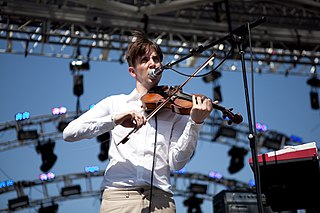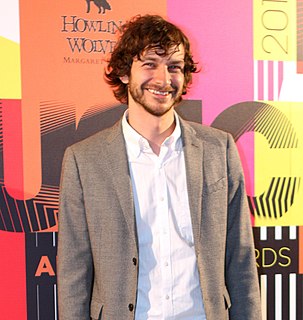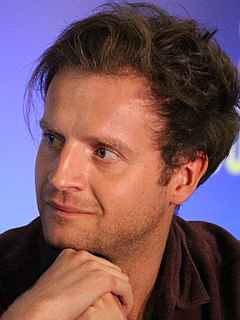A Quote by Owen Pallett
I feel as if dystopian and utopian representations are historically the most effective way of criticizing modern society. You know, because you don't have to be factually accurate. You can kind of construct some awesome strawman arguments in your fictional world.
Related Quotes
In some places, there's the concept of one religion, one truth. In the Muslim world, there's the notion of Allah. The Western, multireligious modern society is some kind of a challenge to this. These, I feel, are the main causes [for terrorism], and, when combined with lots of anger and frustration, cause a huge amount of hate.
We cannot create blueprint for future society, but it is good to think about that. It is good to have in mind a goal. It is constructive, it is helpful, it is healthy, to think about what future society might be like, because then it guides you somewhat what you are doing today, but only so long as this discussions about future society don't become obstacles to working towards this future society. Otherwise you can spend discussing this utopian possibility versus that utopian possibility, and in the mean time you are not acting in a way that would bring you closer to that.
I actually dislike, more than many people, working through literary allusion. I just feel that there's something a bit snobbish or elitist about that. I don't like it as a reader, when I'm reading something. It's not just the elitism of it; it jolts me out of the mode in which I'm reading. I've immersed myself in the world and then when the light goes on I'm supposed to be making some kind of literary comparison to another text. I find I'm pulled out of my kind of fictional world, I'm asked to use my brain in a different kind of way. I don't like that.
You can assert a fifth amendment privilege and not testify. But if you go in and swear to tell the truth, then you better do it. Otherwise, if a prosecutor finds that you have testified in a way that is factually incorrect and you had reason to know that it was factually incorrect, then you're guilty of perjury.








































